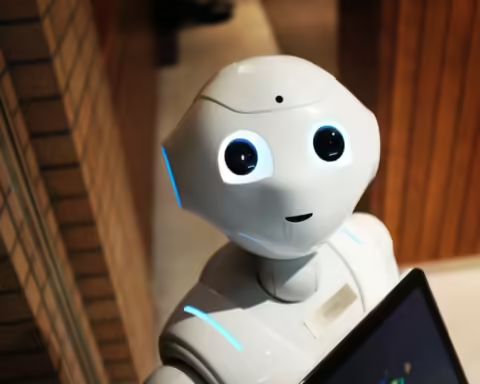Financial Times reports that OpenAI intends to seek additional financial support from its major investor, Microsoft, as CEO Sam Altman advances his vision to create artificial general intelligence, aiming for computer software that matches human intelligence.
During an interview with the Financial Times, Altman expressed satisfaction with his company’s collaboration with Microsoft’s CEO Satya Nadella, describing it as “working really well.” He anticipates securing additional funding over time, not only from the tech giant but also from other investors. This financial support is crucial to meet the substantial costs associated with developing increasingly sophisticated AI models.
When questioned about Microsoft’s future investments, Altman expressed hope, stating, “I’d hope so.” He emphasized the substantial journey ahead and the extensive computing resources required between the current state and achieving artificial general intelligence (AGI).
Altman acknowledged that the company continued to operate at a loss, primarily attributed to training costs. However, he emphasized that the partnership with Microsoft would guarantee mutual financial success, ensuring that “we both make money on each other’s success, and everybody is happy.”
Altman divides his focus between two realms: delving into research on “how to build superintelligence” and strategizing ways to enhance computing power for this purpose. The overarching vision is to develop artificial general intelligence (AGI), ensuring its safety and maximizing the potential benefits it can offer.
Highlighting the introduction of GPTs, he noted that OpenAI is actively engaged in constructing more autonomous agents capable of undertaking various tasks and actions. These tasks range from executing code, making payments, and sending emails to filing claims.
Highlighting the introduction of GPTs, he noted that OpenAI is actively engaged in constructing more autonomous agents capable of undertaking various tasks and actions. These tasks range from executing code, making payments, and sending emails to filing claims. “We will make these agents more and more powerful . . . and the actions will get more and more complex from here,” he said. “The amount of business value that will come from being able to do that in every category, I think, is pretty good.”
Altman mentioned that the company is currently in the process of developing GPT-5, the next iteration of its AI model. To train GPT-5, Altman explained, it will need a larger amount of data. This data will be sourced from a blend of publicly accessible datasets on the internet and proprietary data obtained from various companies. OpenAI has recently issued a request for extensive datasets from organizations that are not readily accessible to the public online, specifically focusing on long-form writing or conversations in any format.
Despite its success with consumers, OpenAI’s ultimate goal is to advance the development of artificial general intelligence (AGI). Altman highlighted that large language models, such as those underlying ChatGPT, serve as “one of the core pieces” in the strategy to build AGI, acknowledging that additional components will be essential in the overall construction.





